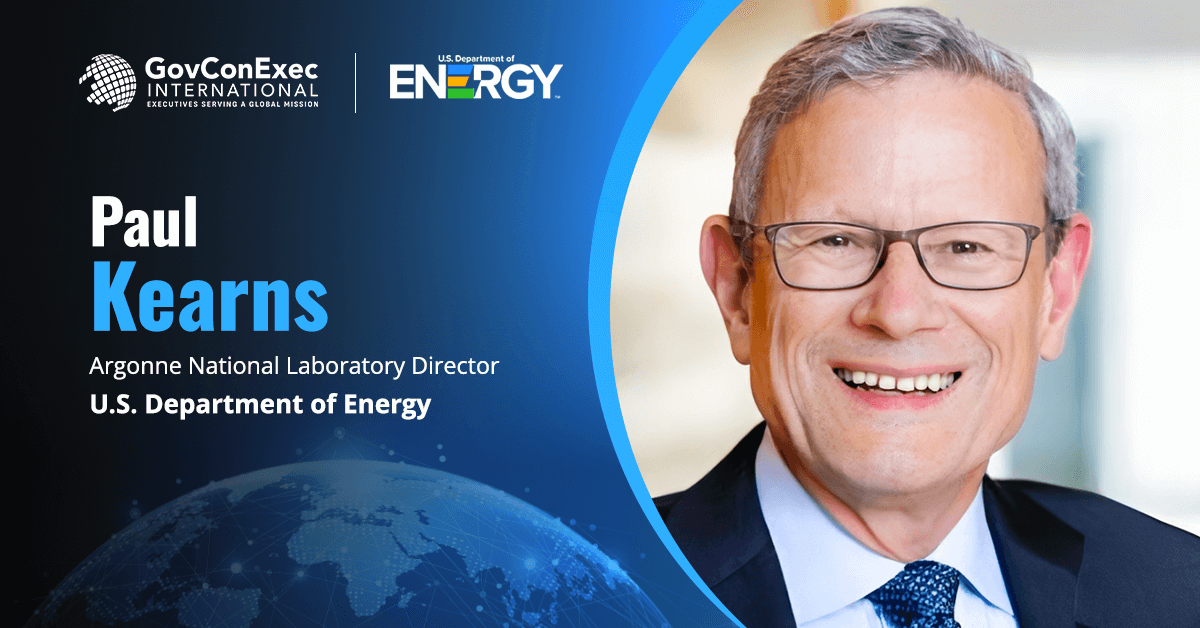The U.S. Department of Energy’s Argonne National Laboratory has partnered with South Korea’s Electronics and Telecommunications Research Institute to advance research in silicon sensors. Argonne Director Paul Kearns and ETRI President Bang Seung Chan signed a five-year memorandum of understanding on Jan. 6 at the lab’s Illinois campus to formalize the partnership.
The two research centers will focus on developing sensors for the future Electron-Ion Collider, a state-of-the-art particle accelerator that will cost $3 billion and be located at Brookhaven National Laboratory. The sensors will enhance the EIC’s central detector system, known as the Electron-Proton/Ion Collider, which is designed to analyze the results of high-energy collisions involving electrons, protons and ions.
A key aspect of the collaboration is the creation of an electromagnetic imaging calorimeter that integrates traditional light-based technology with over 100 square meters of silicon sensors. This will make it one of the largest silicon detector systems ever constructed.
Throughout the project, Argonne and ETRI will engage in joint initiatives, share scientific knowledge and materials, and facilitate researcher exchanges, strengthening ties between South Korean research institutions and Argonne.
Kearns emphasized the promising opportunities the partnership presents. “By combining our expertise, we are poised to drive innovation that will benefit both our nations and humanity in ways we haven’t imagined yet,” the lab director said.
The memorandum of understanding adds to Argonne’s ongoing collaborations with international partners, including working with Japan’s RIKEN on training large language models through the AuroraGPT project and with Germany’s University of Münster on exploring advanced battery materials. In June, Argonne signed an MOU with Morocco’s University Mohammed VI Polytechnic to promote cooperation in green energy, high-performance computing and water research.


